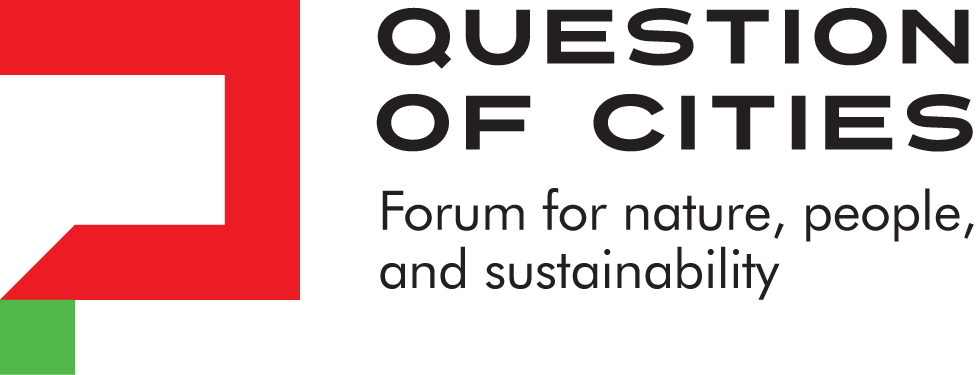Climate Resilient Cities: Assessing differential vulnerability to climate hazards in urban India
Summary
This in-depth report from World Resources Institute India looks into understanding the vulnerability of urban populations to climate change effects for “creating adaptation- and resilience-focused interventions” in urban India. By pointing out the rapid growth of India’s cities, the report also brings forward the different ways in which different sections of society experience climate vulnerability; within cities, this “varies greatly depending on a range social, economic, political and cultural factors”. This is expected to lead to the creation of a Climate Hazard and Vulnerability Assessment (CHVA) tool. This, WRI claims, will help various stakeholders like urban planners, policymakers, practitioners to understand the interaction between climate hazards and socioeconomic factors.
The report draws attention to the fact that existing vulnerability assessments often “fail to capture the forms of sociopolitical and economic inequality” that determine the varying effects of climate change vulnerability, to explain the need for the new CHVA tool. It concludes with a list of five recommendations to address the underlying nature of historic marginalizations, inequality, and climate injustice. Some recommendations include improving access to high-quality data, conducting robust city-level baseline assessments, institutionalising the CHVA and incorporating quantitative and qualitative assessments of the social drivers of vulnerability. The report seeks to provide a foundation for “moving away from incremental solutions to more transformational forms of resilience and adaptation”.
